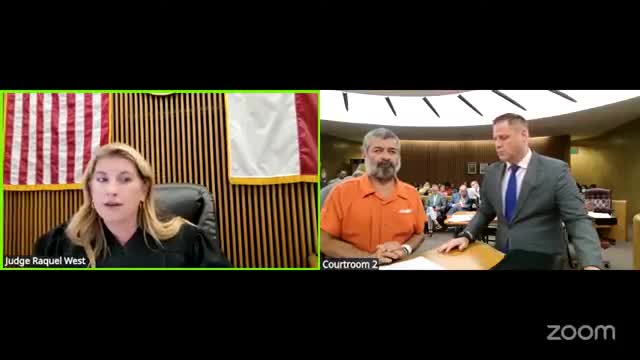Article not found
This article is no longer available. But don't worry—we've gathered other articles that discuss the same topic.
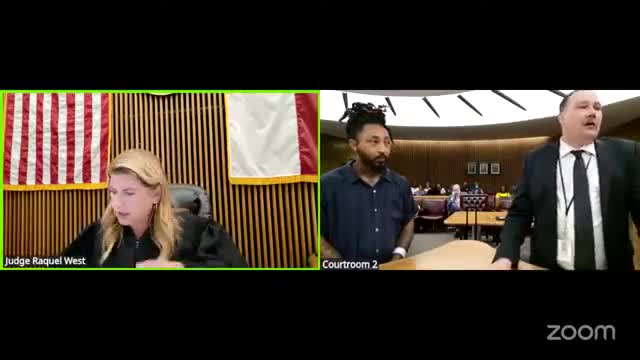
Judge modifies bonds in multi-case matter: no driving, drug-patch monitoring and $30,000 bond in probation case
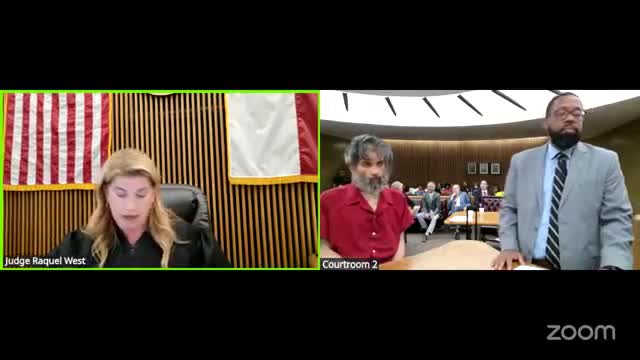
Court finds two defendants incompetent; orders restoration and considers interstate transfer
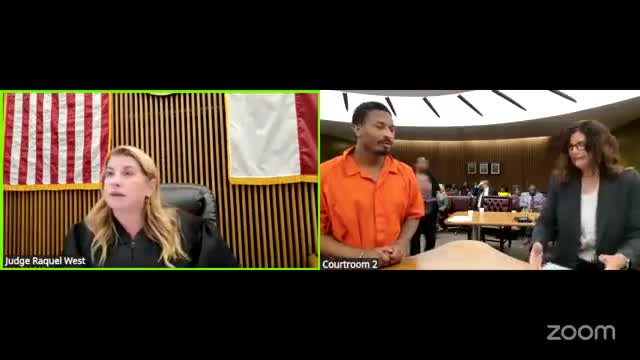
Court hands down multiple guilty pleas and prison terms in Jefferson County cases
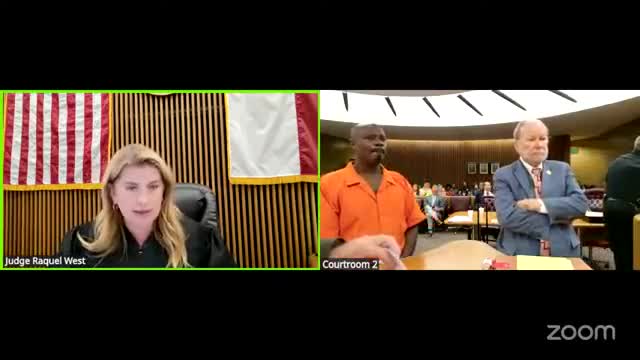
Judge reduces bond for man charged in homicide; orders house arrest and GPS monitoring
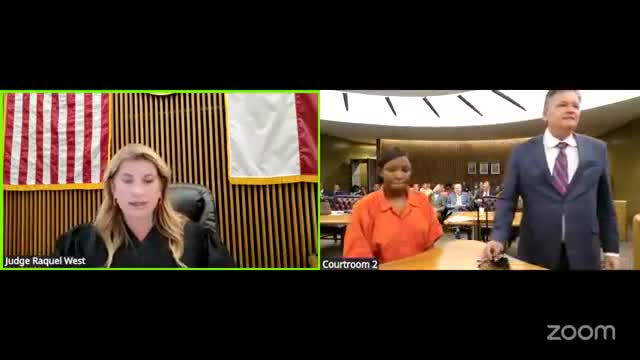
Court sets $20,000 bond with SCRAM monitoring for defendant on deferred probation
